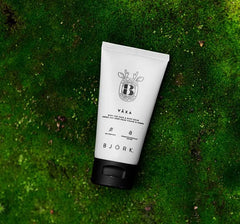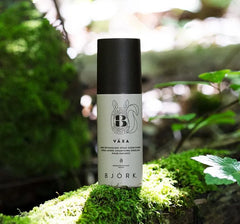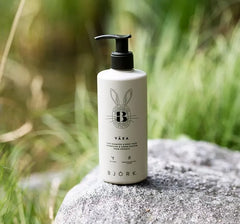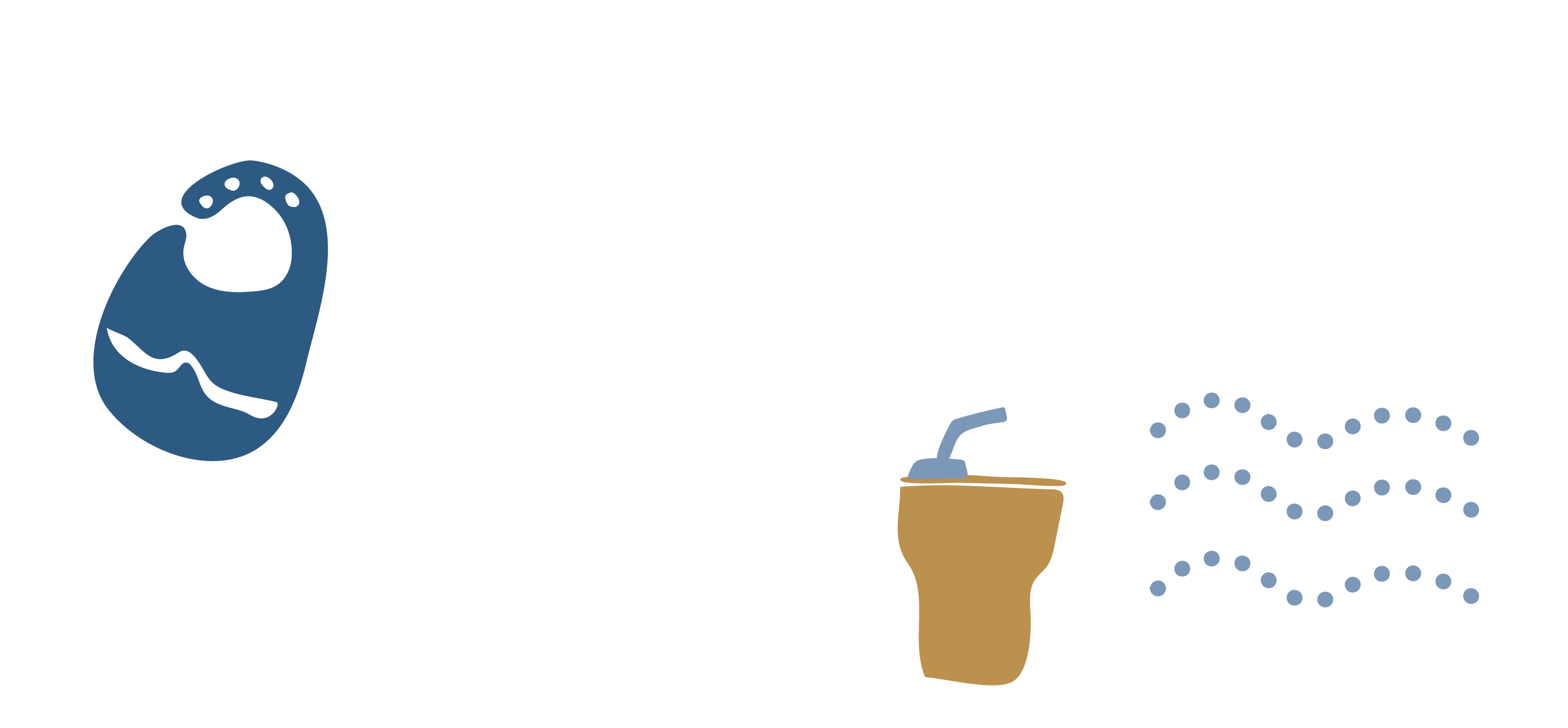At Miniware, it’s important that we’re as kind to the earth as we are to our kids. Non-toxic materials, smart design and earth-friendly practices are the principles we follow when it comes to crafting our premium babyware line. Our main tableware is 100% plant-based, made of root vegetables, and our accessories are made of 100% food-grade silicone to our baby products to support a healthy, eco-parenting lifestyle.
People have been using plant-based PLA in the USA for many years, but production has mainly focused on the replacement of disposable, one-time use products such as food packages, cold beverage cups, and trash bags. Early generations of PLA were vulnerable to heat. It softened at temperatures of 51 °C or higher. Advancements in PLA technology have led to big improvements in the strength, durability and earth-friendliness of bioplastic products and as we strive to use the best technology available to us at the time, PLA just makes sense.

At Miniware, we believe multiple usage products are always better than disposable. When it comes to the manufacturing process, the advantages of PLA are many. Here are our top 5 reasons for using PLA:
1. Renewability: PLA is not only reusable but most importantly it’s made from renewable materials. By replacing “fossil carbon” with “renewable carbon” we can help mitigate climate change by minimizing the environmental impact of a product throughout its lifecycle. Early PLA was created from industrial corn, but the new generation of PLA products can be made with a wide array of crops. We’ve selected root vegetables as the primary material for our Miniware line because of its lower environmental impact, quick growing time and ability to grow in a wide range of conditions.
2. No Toxins Required: A major drawback of petroleum plastic products is the need for toxic additives during their creation. These chemicals, such as in the case of BPA, can have a lasting impact on our bodies, brains and overall health. Therefore it’s critical to use safe materials when constructing products for children whose bodies and brains are still developing.
Bioplastics have fewer problems when it comes to food safety, however, some production processes or chemical color dyes can add toxins into PLA, so ultimately, it’s up to the manufacturer to ensure that the products created are truly toxin-free and safe for food. With Miniware you can rest assured that all our products are natural and free of harmful chemicals as our products meet the standards of leading safety organizations including the FDA and Germany’s LFGB.
3. Decomposable and No End-of-Life Secondary Pollution: Bioplastic earth-friendliness surpasses petroleum plastic as it’s not only created from renewable materials but is also biodegradable when exposed to direct sunlight and high humidity, such as landfill conditions. While PLA can be recycled, there are no current programs in place today. The sad truth is that many plastic products cannot or will not be recycled. In our effort to create products with minimum impact on the environment from creation through its end-of-life, it’s important not to solely rely on recycling measures, but to create products with a healthier afterlife overall.
Although PLA can take up to 12 months to decompose, it’s still a better solution than traditional plastic which can take 100 years or longer to full break down. Additionally, PLA does not leach heavy metals or harmful toxins into the environment when burning or naturally decomposing.
We believe that making reusable products with PLA will reduce significant amounts of ocean and land pollution, creating a long-term benefit for our environment and the kids.
4. Improved Durability with Plant-Based Materials: One downside of natural materials in modern life is the low durability of the product. Traditional plant-based products such as carved wood and bamboo products are either non-dishwasher friendly, nor shatterproof. While earlier generations of PLA suffered from heat susceptibility and lack of durability, the newest bioplastics have made great improvements in these areas.
This strengthened PLA is even more suitable for modern family life than for example bamboo fiber as it is dishwasher-safe, microwave-safe and much less brittle compared to most of plant-based materials.
5. Efficient Production Methods Reduce Cost: PLA is one of the very few plant-based materials that can be produced on a large scale. The injecting time is longer than petroleum plastic but is faster than other plant-based products. It doesn’t require labor-intensive work like wood carving nor does it require incredibly long machine times like bamboo fiber heat press molding.
In addition to saving both human and machine labor, the production process reduces the defect rate compared to bamboo fiber molding which means less waste in production.
It’s an ever-changing world when it comes to clean technology for modern life. Miniware believes in both natural and smart solutions for our future generations. We strive to adopt the best solutions available and that's the exact reason we think now is the best time to claim the advantages of PLA!
Do you have questions about bioplastics or PLA? Ask us on Instagram or send an email to contact@miniware.com.







